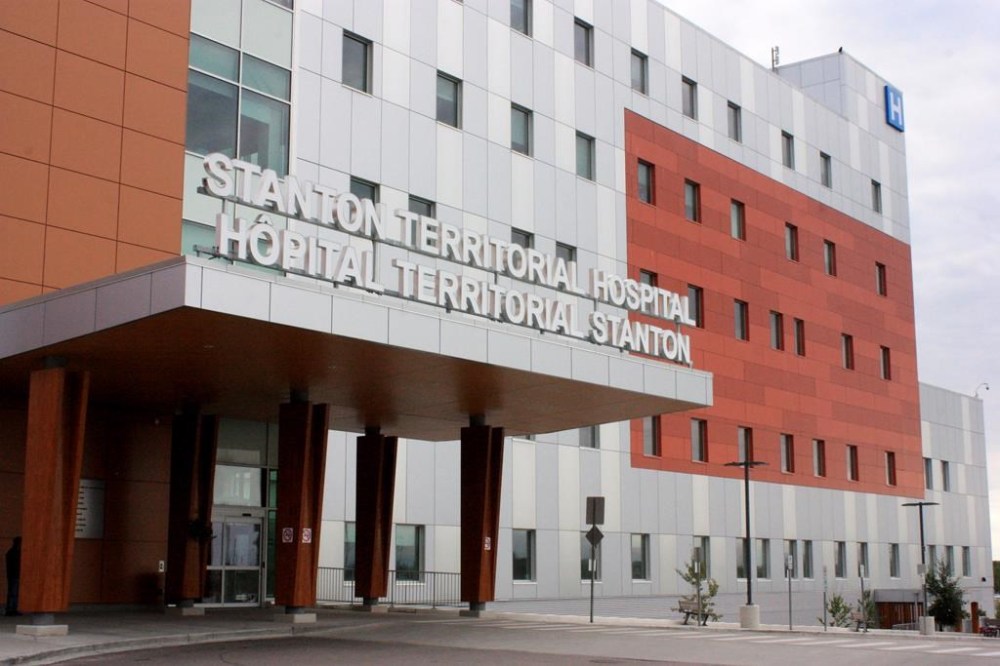Operating room conditions in Yellowknife hospital are ‘unsustainable’: nurses
Advertisement
Read this article for free:
or
Already have an account? Log in here »
We need your support!
Local journalism needs your support!
As we navigate through unprecedented times, our journalists are working harder than ever to bring you the latest local updates to keep you safe and informed.
Now, more than ever, we need your support.
Starting at $15.99 plus taxes every four weeks you can access your Brandon Sun online and full access to all content as it appears on our website.
Subscribe Nowor call circulation directly at (204) 727-0527.
Your pledge helps to ensure we provide the news that matters most to your community!
To continue reading, please subscribe:
Add Brandon Sun access to your Winnipeg Free Press subscription for only
$1 for the first 4 weeks*
*$1 will be added to your next bill. After your 4 weeks access is complete your rate will increase by $4.99 a X percent off the regular rate.
Read unlimited articles for free today:
or
Already have an account? Log in here »
Hey there, time traveller!
This article was published 12/09/2022 (1113 days ago), so information in it may no longer be current.
YELLOWKNIFE – A union representing nurses at the largest hospital in the Northwest Territories says working conditions in its operating room are “unsustainable” and the territorial government needs to do more to address understaffing.
The Union of Northern Workers says operating room nurses at Stanton Territorial Hospital in Yellowknife sent a letter earlier this month to their employer and the Registered Nurses Association of the Northwest Territories and Nunavut outlining their concerns.
The union says nurses are struggling “mentally, physically and emotionally” to provide services, with the unit staffed at less than half capacity.

Tina Drew, president of Local 11 with the union, says one nurse recently worked more than a 20-hour shift, and it’s not an exceptional circumstance.
The territorial health and social services authority has said operating room services at the hospital would be halved from two to one operating rooms from July 25 to Sept. 30 due to lower-than-normal staffing levels. It was later extended to Jan. 3.
Operating room services were also closed for 10 days in early August as part of a regularly scheduled summer closure.
Widespread staffing shortages have led to health-care service reductions across the territory in recent months. Services are currently reduced in 11 communities, including nine where only emergency services are being offered.
The union says there is a nationwide shortage of health-care workers, but it had been warning the territorial government of an “impending health-care crisis” for years.
“We have raised these issues with the employer time and time again,” union president Gayla Thunstrom said in a statement. “Unfortunately, our health-care workers are still critically short-staffed, beyond exhausted and terrified of the risk to patients and to their own health.”
The union said a “lack of meaningful engagement” from senior government officials has compounded the issue. Thunstrom said health-care staff have been blindsided by announcements and policies without consultation or notice.
The N.W.T. government announced new measures last month intended to ease health-care shortages. They include using paramedics to provide acute care support, funding for nurses to bring loved ones north during the winter holidays, funding incentives for territorial government employees who refer nurses for hard-to-fill positions, and international travel coverage for practitioners from outside Canada.
Territorial officials said at the time that, unlike changes to compensation and benefits, these measures are not tied to the collective bargaining agreement and do not require union approval.
Matthew Mallon, a spokesperson for the Department of Finance, which oversees human resources, said in a statement Monday that the territory continues to engage with the union on the issue.
“The GNWT is doing its best to address employee concerns and recognizes that this is a complicated issue that cannot be solved overnight or alone,” Mallon wrote.
This report by The Canadian Press was first published Sept. 12, 2022.
